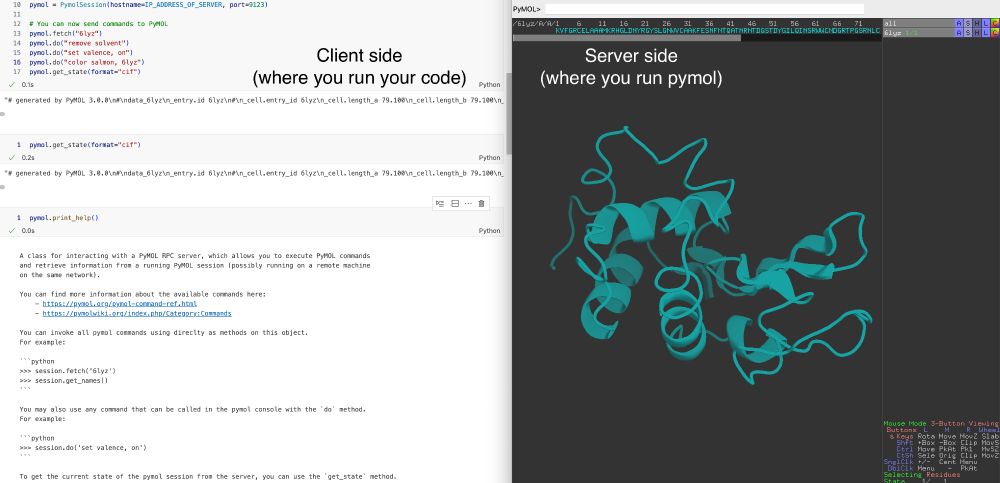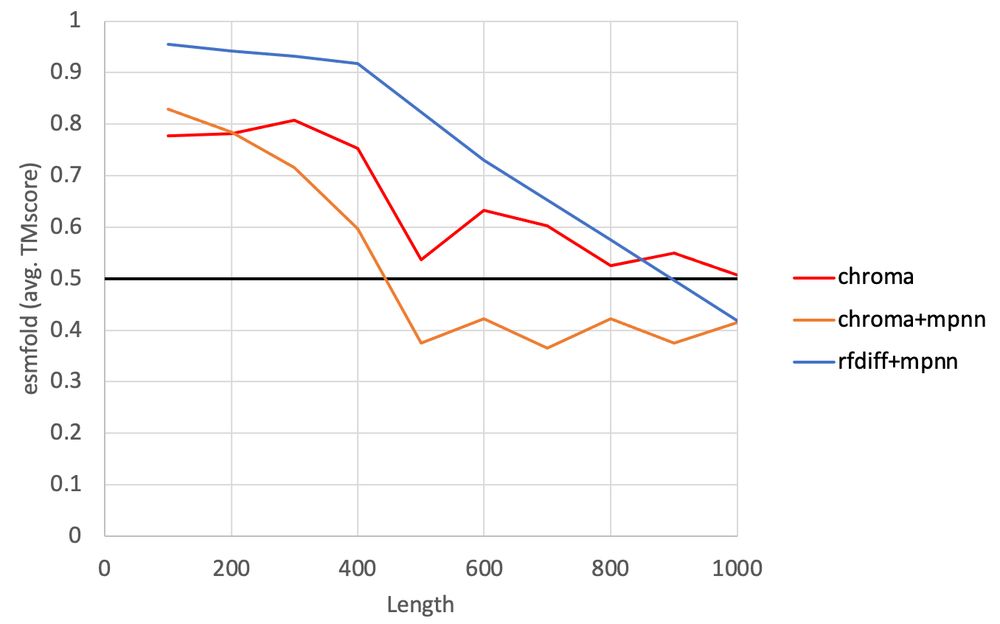Magnus Bauer
@kinasekid.bsky.social
160 followers
200 following
10 posts
Enjoying life one molecule at a time! / Postdoc @UWproteindesign / ex @Stanford / PhD @LMU_Muenchen / tweeting in English, thinking in Bavarian, coding in Python
Posts
Media
Videos
Starter Packs
Pinned
Reposted by Magnus Bauer
Nate Corley
@ncorley.bsky.social
· Aug 15

Accelerating Biomolecular Modeling with AtomWorks and RF3
Deep learning methods trained on protein structure databases have revolutionized biomolecular structure prediction, but developing and training new models remains a considerable challenge. To facilita...
www.biorxiv.org
Reposted by Magnus Bauer
Reposted by Magnus Bauer
Reposted by Magnus Bauer
Reposted by Magnus Bauer
Reposted by Magnus Bauer










